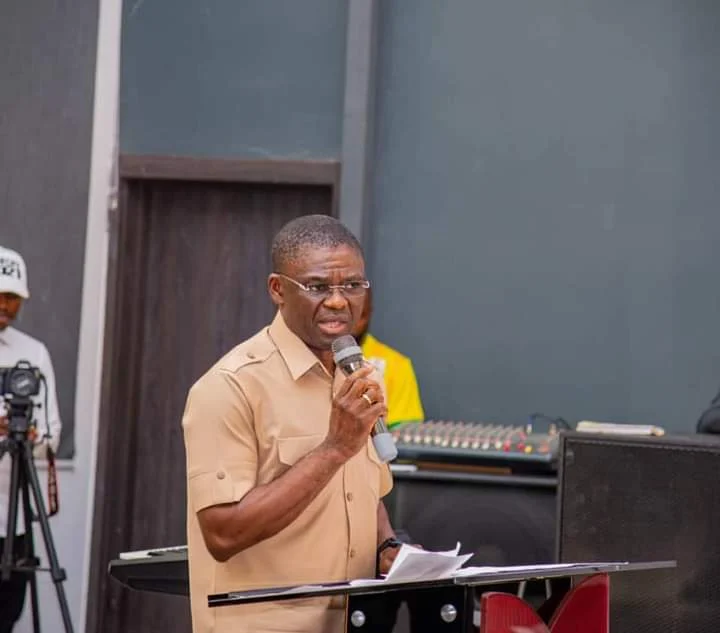
The Comptroller-General of Nigeria Immigration Service (NIS), Muhammad Babandede, has said that those involved or indicted for internet frauds, financial and other crimes abroad would no longer have easy access to the country due to the NIS collaboration with the International Criminal Police Organization (INTERPOL) He said this on Thursday in Abuja at the August edition of the Lunch Time Reform Seminar organised by the Bureau of Public Service Reforms (BPSR).
This is as the CG said he once disguised as a cleaner at one of the nation’s airport to see the conduct of officers and men of the NIS.
He said this largely impact on the reforms carried out in the organisation as he saw things for himself and thanked the Federal Airports Authority of Nigeria (FAAN) management for their support.
According to him, the NIS has gotten access to Interpol database information and that this would enable the NIS to track and prevent any criminal wanted globally from entering or doing business in Nigeria. “We are able to now access the database of the INTERPOL and by this those 77 or other Nigerians, would not be able to sneak into the country under whatever disguise and if they do, they would be arrested. It is even possible in some instances to wait for them to come so that they can be arrested,” he said.
He also said that the National Identification Number (NIN) is compulsory for Nigerian to obtain and renew their passports and that the NIS is evolving the Migrant Identification Number (MIN) for regularized migrants in the country to boost security.
The Director General (DG), BPSR, Mr. Ibrahim Dasuki Arabi, said that NIS has implemented most of the recommendations by BPSR which has translated into improvement in quality of service delivered by the organisation. According to him, the essence of the seminar was to share experiences, expose participants to internationally accepted best practices and equip each other to be better placed in driving reforms in various Ministries, Departments and Agencies (MDAs). He said it was now more obvious that traditional government structures and systems were no longer suitable to meet the demands, desires and challenges of complex global economies.
He said that to effectively accomplish targets, day-to-day government business should no longer rely on conventional approaches but used the modern and international best practices.





































